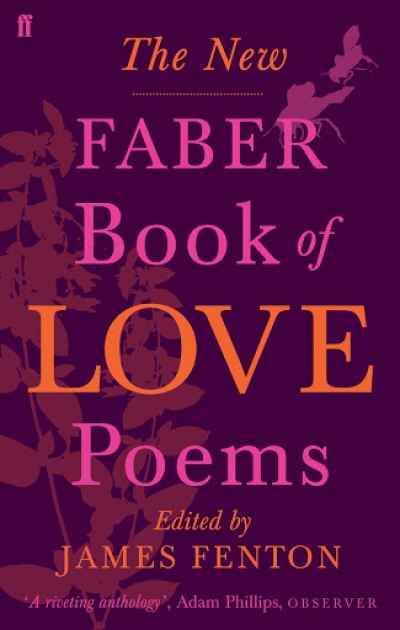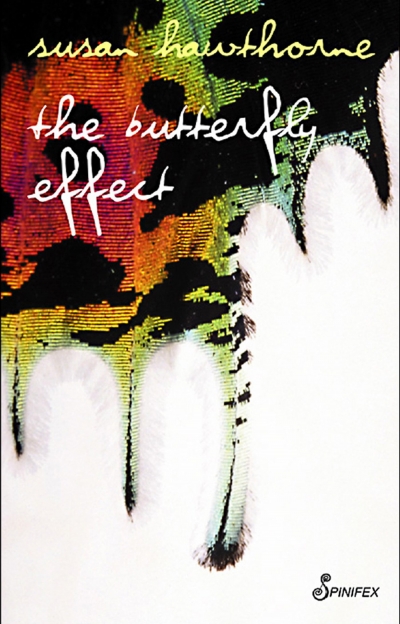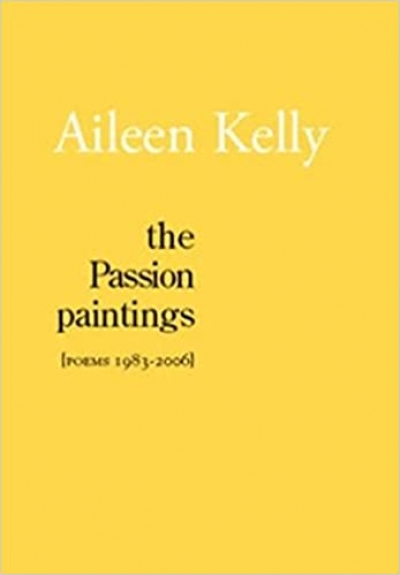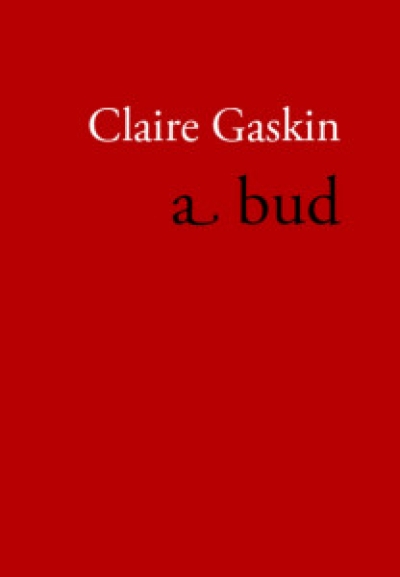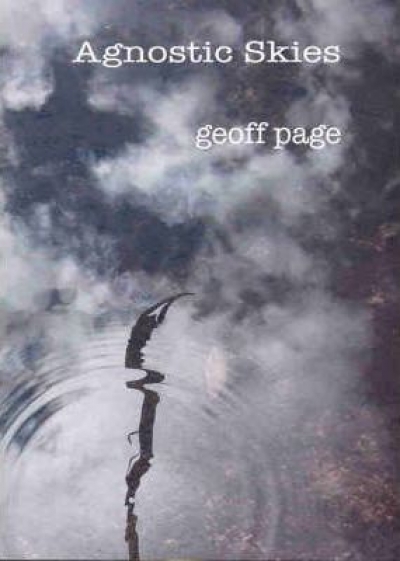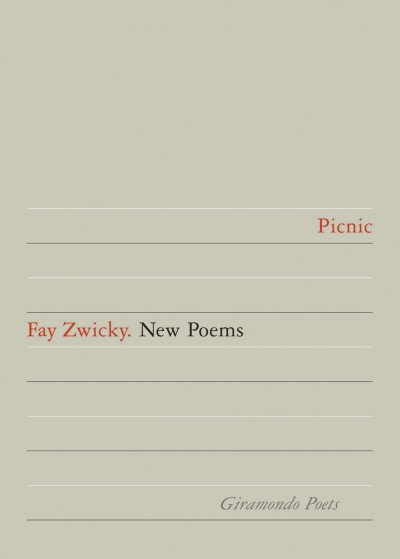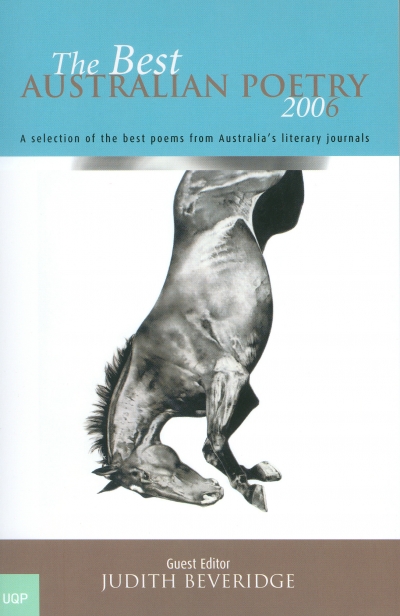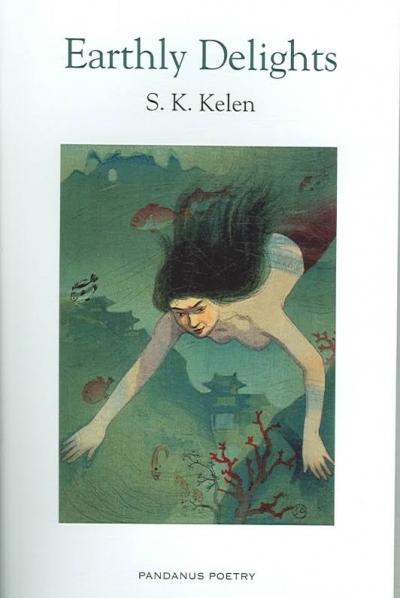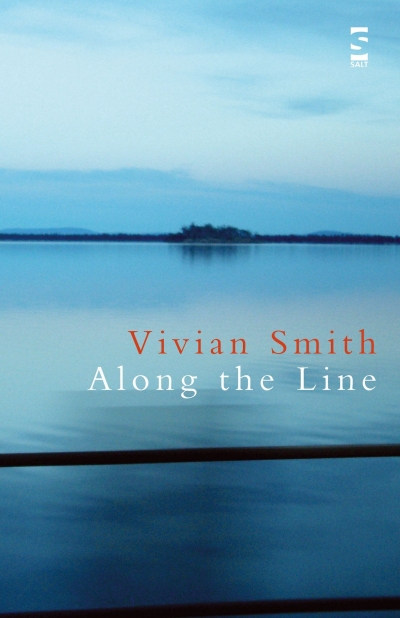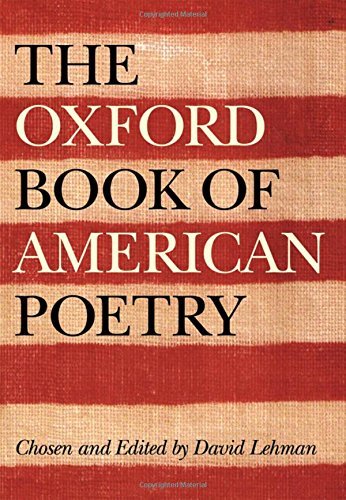Poetry
The dust jacket describes James Fenton as ‘rightly praised for his own love poetry’. Evidently, Fenton does not demur, because he has found room for six of his own poems when other likely names are represented less generously or not at all. But more of that anon. The introduction begins by quoting Michael Longley: ‘I have believed for a long time … that love poetry is at the core of the enterprise: if poetry is a wheel, then the hub of the wheel is love poetry. Poems which articulate all the other cares and attachments … radiate from the hub like spokes on a wheel.’ Fenton continues: ‘I love you. You love me. I used to love you. You don’t love me. I want to sleep with you. Here we are in bed together. I hate you. You betrayed me. I’ve betrayed you. I want to kill you. Oh no! I have killed you. Such are the simple propositions on which these lyrics elaborate.’
... (read more)The Butterfly Effect is a travel guide to the inner sanctum of lesbian sensibility. The title of the work comes from the last line of the first poem, ‘Strange Tractors’ (which was selected in The Best Australian Poems 2006): ‘chaos in the shape of two vulval wings, the butterfly effect.’ The butterfly effect is also a concept from physics, where the flap of a butterfly’s wing on one side of the planet can cause storms on the other.
... (read more)On a recent plane trip from Wagga to Sydney, I was talking to an engineer who uses X-ray technology to examine the deep structure of aircraft after stress, to assess airworthiness. Complicated, fascinating, with considerable and direct bearing on passenger safety. By way of exchange, I read him parts of Aileen Kelly’s ‘Simple’, an impressive poem that, in three stanzas, X-rays the history of Christianity. One of the latter’s faultlines ‘racked / sweet fanatic poets between lambchrist / and tigerchrist’. Other stress fractures are ‘the dark arcades / where losers piss themselves / off the edge of memory’. My travelling companion had an immediate sense of Kelly’s fine metaphysics, which, as the back-page blurb glosses, finds ‘the numinous in the undeniably secular’.
... (read more)Paul Magee’s first book, Cube Root of Book, digs through the roots of life. He revisits past incidents, examining what draws him to poetry. Magee’s accurate translations from Virgil, Horace, Ovid and Catullus, interspersed throughout, heighten his subject matter but contrast with his own less proven work. Yet these translations draw attention to his fragmented, deracinated modern life, apparent in the various styles he employs, from the explanatory and prose-like to the chopped expostulations of love or lament. Some translations are playful – ‘Sleep embraced their weary limbs … and I looked up the word for patefactus’ (‘Aeneid II’) – while others superimpose order, as in ‘Mr Ruddock’s speechwriter (Philippic 1)’: ‘The asylum in the desert swallows the phrase, a throat / a drain with birds circling, a gate.’
... (read more)Geoff Page’s latest poetry collection is a wide-ranging survey of some of the issues affecting contemporary Australian life. Underpinning Page’s poems of cafés, apartments, classical music, outback murders and domestic violence is a meditation on approaching mortality and the very idea of belief. In Page’s previous collection, Darker and Lighter (2001), the troubling nature of belief was hinted at in ‘Credo’: ‘The dark-night-of-the-soul-agnostic / prefers the right to doubt. / The world’s too much beset by those / who know what they’re about.’ Five years later, Page’s reflections on belief and the loss thereof return like echoes from a bell. In the fine poem ‘At Tosolini’s’, Page contrasts the diners’ penchant for coffee with the sound of bells ringing at a nearby church: ‘The sound of bells in autumn air / has long since been a thing / that we can never quite believe / and yet we don’t despair.’ Page’s use of the inclusive pronoun ‘we’ assumes much, and perhaps speaks for those who no longer believe.
... (read more)Picnic is probably Fay Zwicky’s most confident collection. In it she renounces certain kinds of brilliance for a freer and more open style of poetry – what she calls in one poem ‘the grace of candour’. It is a style that approximates moral qualities: honesty, direct ness, kindness to strangers. And it is in fact such moral qualities that give force to this collection
... (read more)The Best Australian Poetry 2006 edited by Judith Beveridge & The Best Australian Poems 2006 edited by Dorothy Porter
Seeing these two anthologies side by side in that obscure corner allocated to poetry by so many bookshops, a casual browser might note that both begin with Robert Adamson’s ‘A Visitation’ and conclude that uniformity rules and one volume will suffice. Not so: a full savouring of the past year’s poetic crop requires both. In fact, ‘A Visitation’ is the only poem common to both selections. Certainly, they share poets – and it is among these twenty that readers are likely to recognise ‘established’ names such as Alan Gould, Kate Llewellyn, Jan Owen, Peter Porter, Philip Salom (all in their egalitarian alphabetical order), but in each case the particular poem selected is different. Beyond that, there is substantial variation in the selection of poets: nineteen of Beveridge’s forty poets don’t appear among the eighty-two present in Porter’s more extensive volume.
... (read more)Stephen Kelen’s new book is an ambitious, wide and free-ranging journey through past and present, war and peace, family life, travel and technology. It has all the hallmarks of Kelen’s previous books: a marvellous ear and restless eye, a gift for narrative that challenges as much as it reaffirms, and a willingness to tackle anything that takes his attention. These (mostly) narrative poems have a relaxed, conversational style, even when Kelen’s subject matter is bleak and charged with menace: ‘The gun going off / made us laugh till even our / humanity couldn’t give a shit // The police came and went / and we thought about that’ (‘Deadheads’). This relaxed, colloquial style is at the heart of much of the book, and the opening poem, ‘A City’, works as a short, lyrical template for what is to come: rural, urban, celestial, domestic, political, technological. Kelen works a spell and places them all into fourteen lines. It is a tight, promising beginning.
... (read more)There are not many ways, I imagine, in which Vivian Smith puts one in mind of Walt Whitman, but one which occurs to me is that Smith’s successive volumes, at least since Tide Country (1982), have been, like Leaves of Grass (1855), a work in progress, in which previous poems reappear, sometimes in modified form, and new work is added, so that the whole corpus is re-presented in different ways over time. Along the Line is the latest, and welcome, incarnation of Smith’s oeuvre.
... (read more)The Oxford Book of American Poetry by David Lehman
Thirty years have passed since Richard Ellmann’s magisterial New Oxford Book of American Verse: a hard act to follow. Now David Lehman – poet and founder of the Best American Poetry series – has produced a successor. It is even longer than the Ellmann, and similarly generous in its individual choices. There is no stinting here, no mark of the tyranny of permissions that blights so many anthologies. Walt Whitman gets seventy poems; Emily Dickinson (who published a handful in her lifetime) has forty-three, including the cautionary ‘Publication – is the Auction / Of the Mind of Man’.
... (read more)
